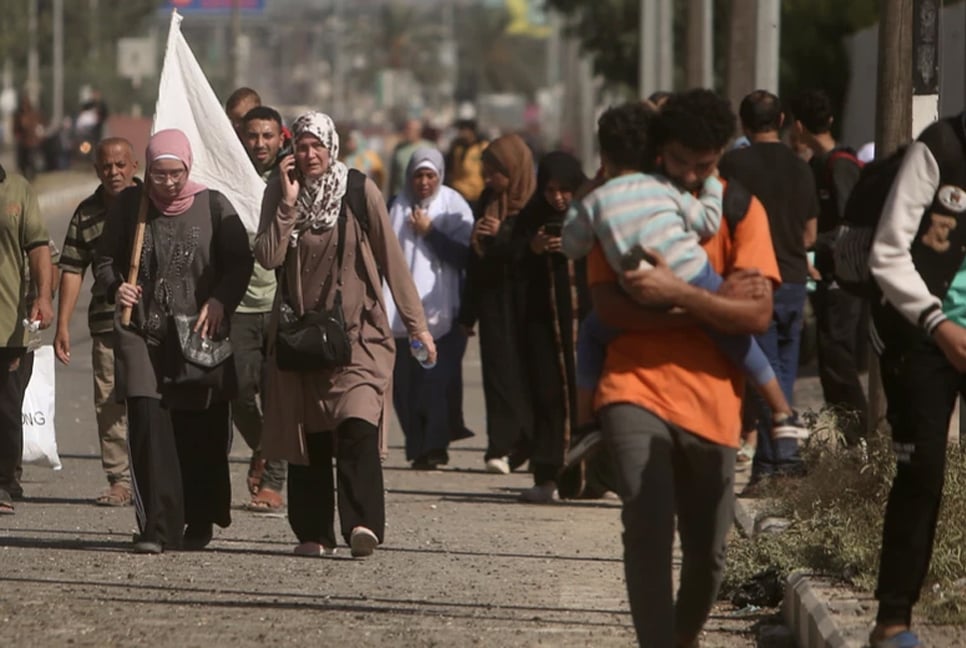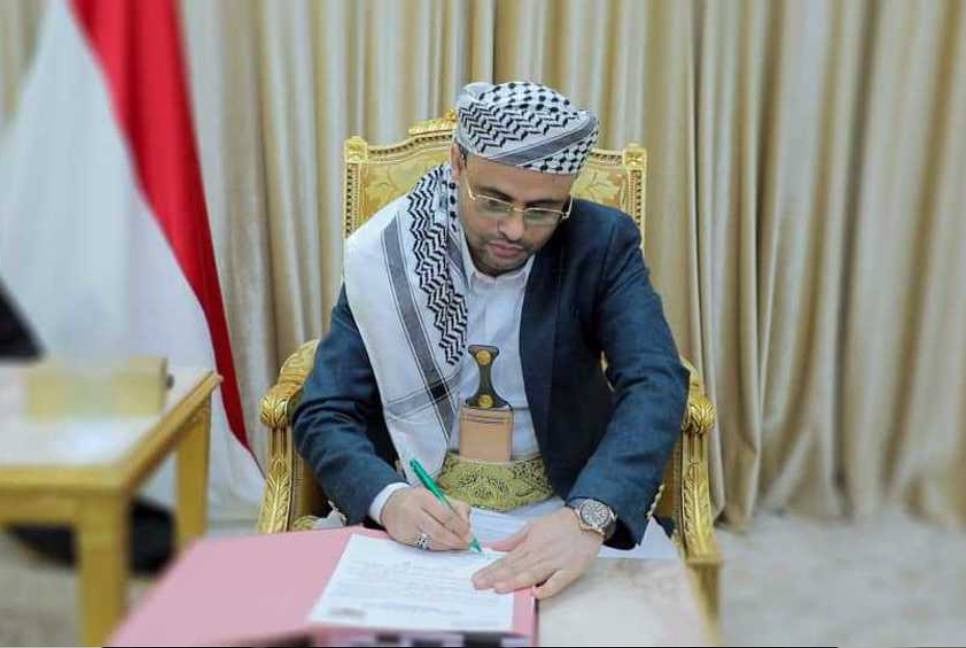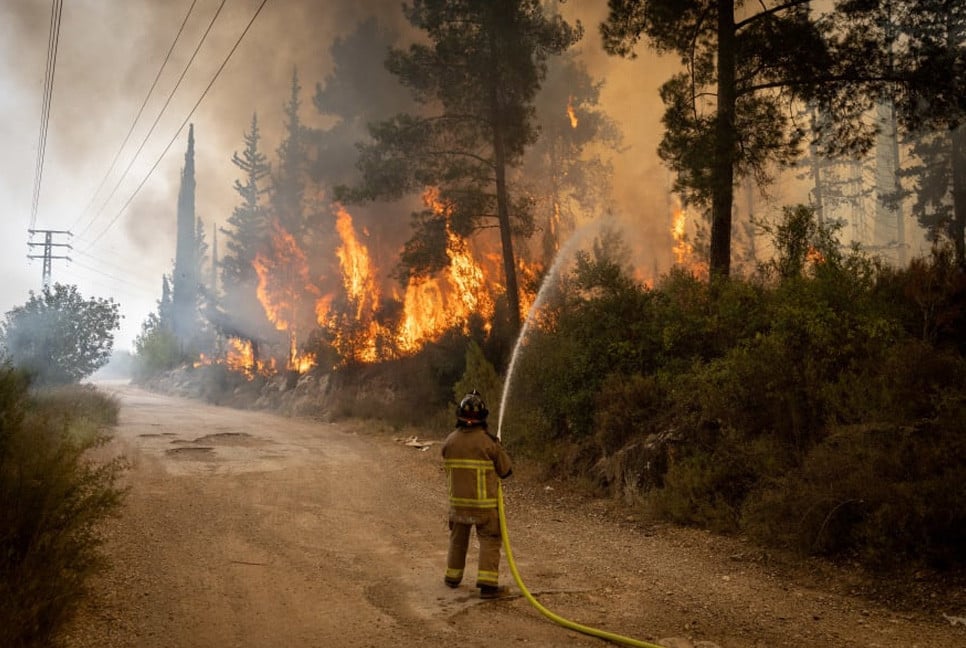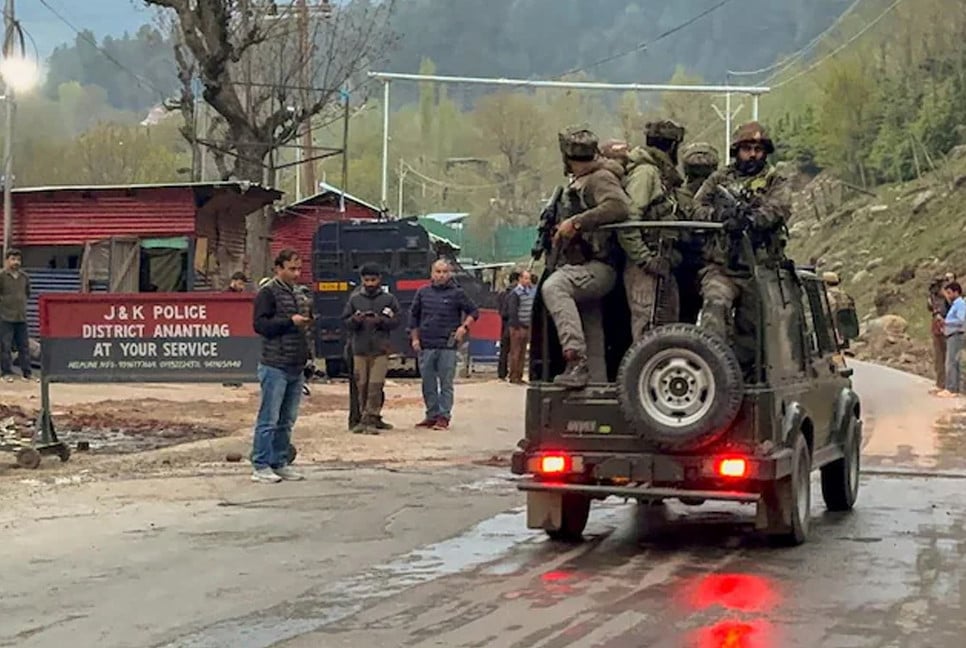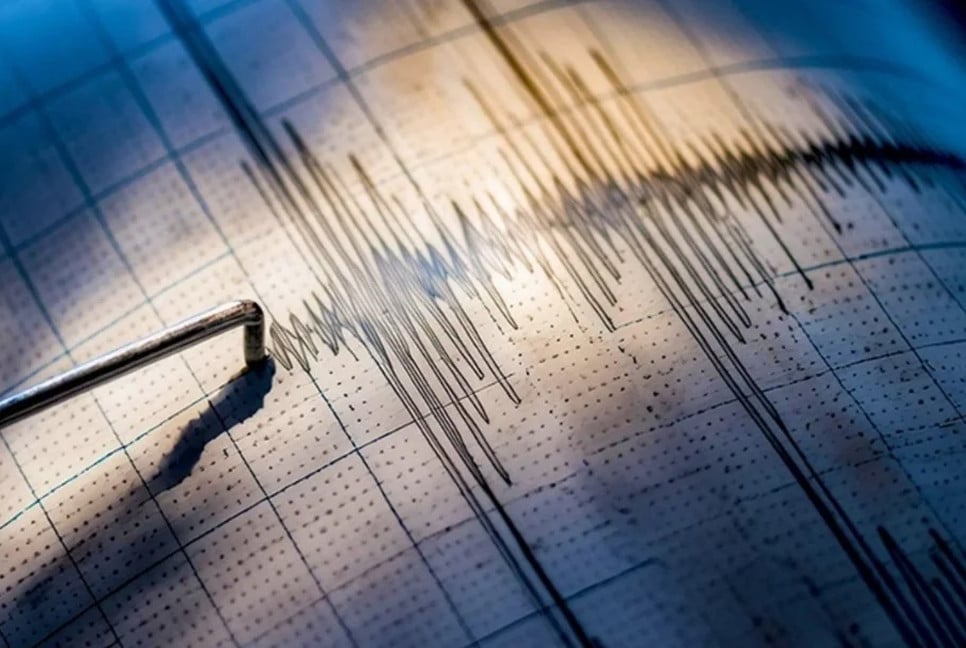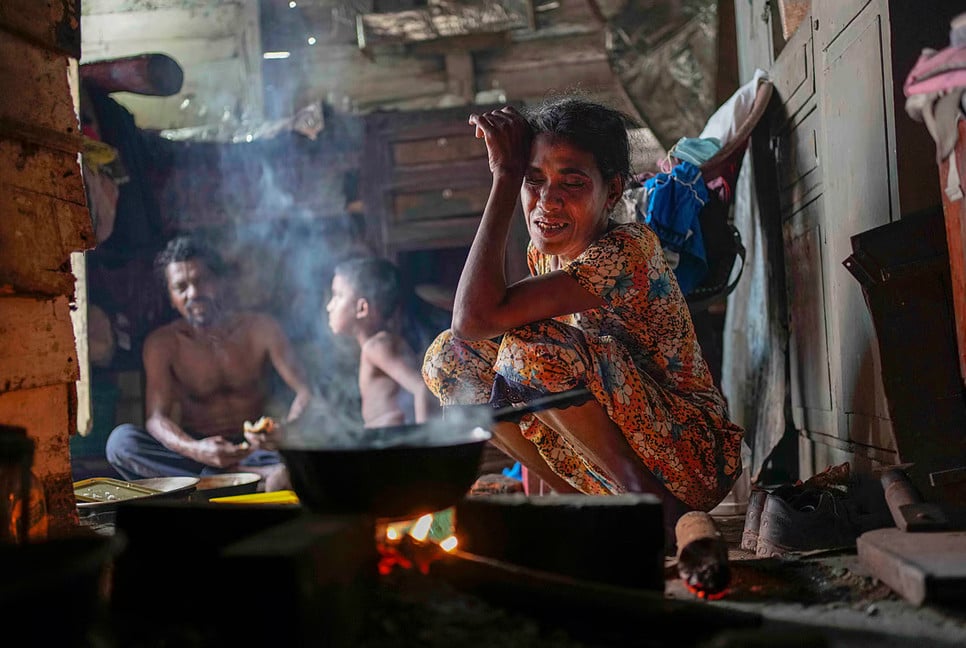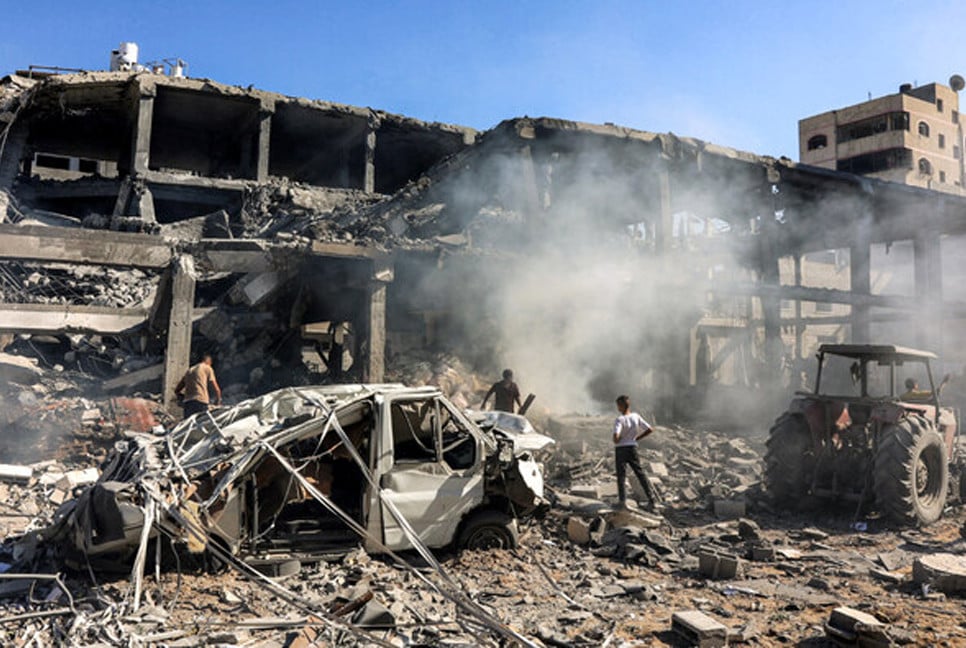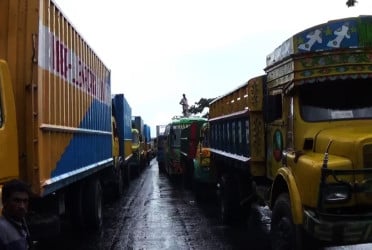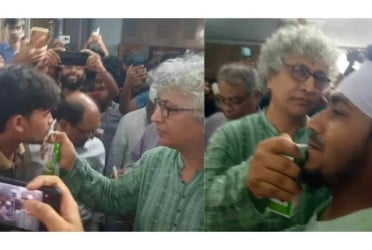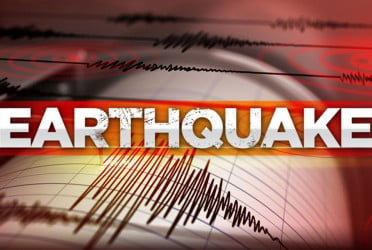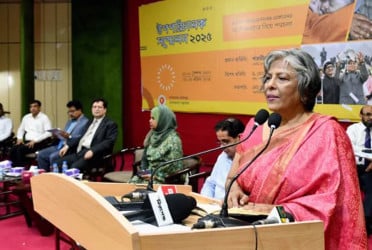Israel said Tuesday that its ground forces were battling Hamas fighters deep inside Gaza’s largest city, signaling a major new stage in the month-old conflict, and its leaders foresee controlling the enclave's security after the war, reports UNB.
The push into Gaza City guarantees that the already staggering death toll will rise further, while comments from Prime Minister Benjamin Netanyahu about controlling Gaza’s security for “an indefinite period” pointed to the uncertain endgame of a war that Israel says will be long and difficult.
Israeli ground troops have battled Palestinian militants inside Gaza for over a week, cutting the territory in half and encircling Gaza City. The army's chief spokesman, Rear Adm. Daniel Hagari, said that Israeli ground forces “are located right now in a ground operation in the depths of Gaza City and putting great pressure on Hamas.”
Hamas spokesman Ghazi Hamad, speaking on Tuesday from Beirut, denied that Israeli forces were making any significant military gains or that they had advanced deep into Gaza City.
“They never give the people the truth,” Hamad said. He added that numerous Israeli soldiers were killed on Monday and “many tanks were destroyed.”
“The Palestinians fight and fight and fight against Israel, until we end the occupation,” said Hamad, who left Gaza days before Hamas' Oct. 7 rampage in southern Israel, which sparked the war.
Israelis commemorated the 30th day — a milestone in Jewish mourning — since the Hamas incursion, which killed 1,400 people. About 240 people Hamas abducted during the attack remain in Gaza, and more than 250,000 Israelis have evacuated homes near the borders of Gaza and Lebanon amid continuous rockets fired into Israel.
A month of relentless bombardment in Gaza has killed more than 10,300 Palestinians, two-thirds of them women and minors, according to the Health Ministry of the Hamas-run territory. More than 2,300 are believed buried from strikes that reduced entire city blocks to rubble.
Around 70% of Gaza’s 2.3 million people have fled their homes, and many of them are crowded into U.N. schools-turned-shelters. Civilians in Gaza are relying on a trickle of aid and their own daily foraging for food and water from supplies that have dwindled after weeks of siege.
Bd-pratidin English/Tanvir Raihan

